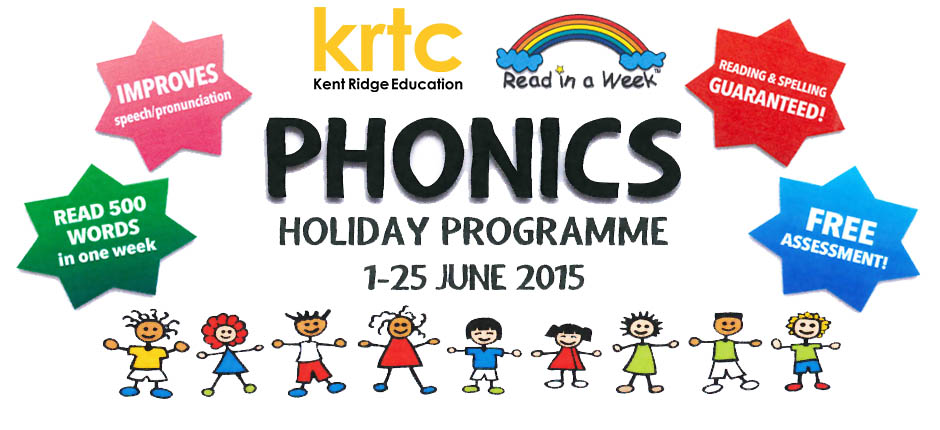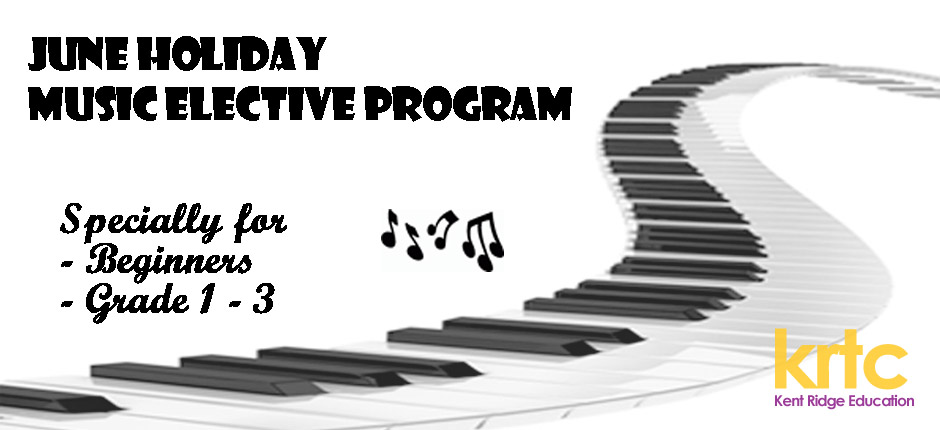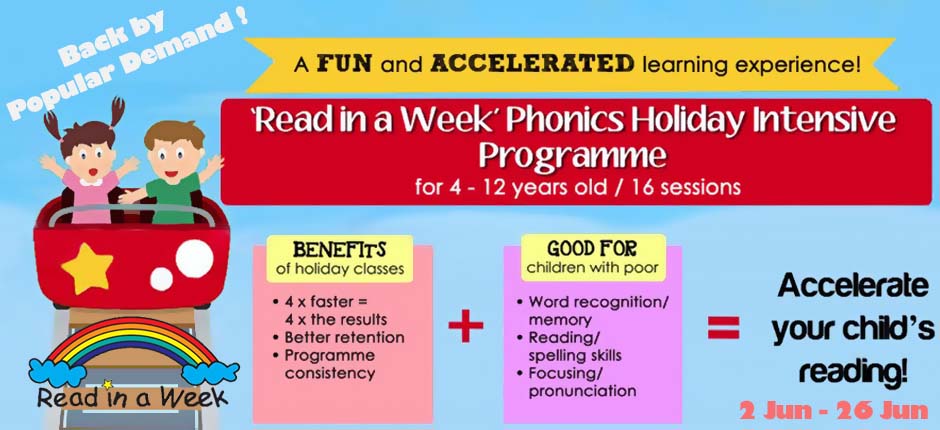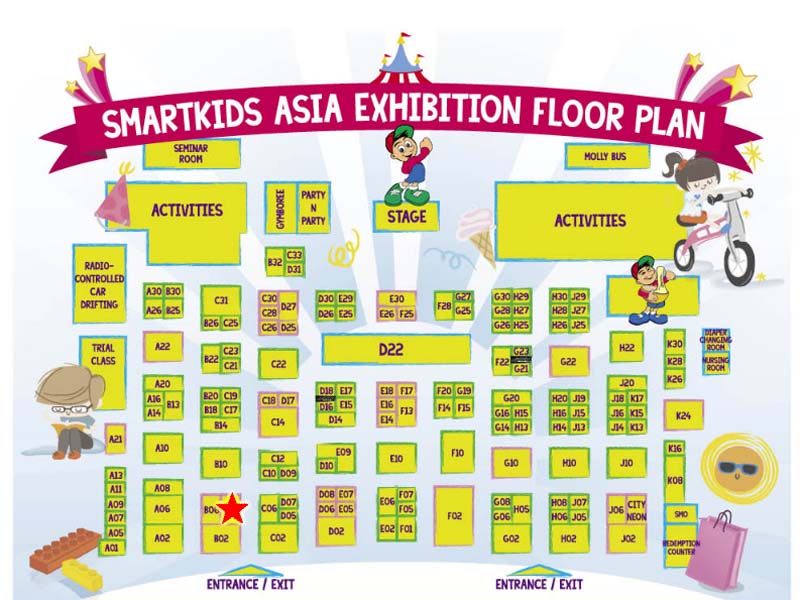(How to) Be Different (Beginning & Ending)?
Great and successful movies have something special that tells a story and filmed in a refreshing and different way, and it is this freshness in the presentation that somehow mesmerises and also surprises. All too common beginnings are like, ‘It was a dark and stormy night’, ‘One day last week’, ‘After school, my friends and I’ or ‘I woke up bright and early’.
Besides being dull, most students would also be using such simple and unimaginative phrases to start a story or a new paragraph. Better examples are :
Beginnings
The glow of the orange setting sun rested between the hills as darkness slowly and quietly descended upon our campsite while hundreds of night creatures stirred noisily from their slumber.
“Come here everyone! Look, what I’ve found and it’s heavy too!” gasped May as she slumped to the ground, breathless and her face stained with streaks of dirt and beads of perspiration.
Never again would I leave the house without my mother’s permission. I could still remember very vividly how that unforgettable day began so innocently but little did I realise that it was the calm before the perfect storm.
Avoid ending your writing like what you would do in class writing. Common endings are : ‘I was given a reward for ….’, ‘The Principal praised me during assembly for. . .’ or ‘I went home and told my parents about the good deed . . .’. Be more creative!
Endings
We ran without once looking back at the eerie building, well aware that there was someone or something behind the window curtains watching us leave. Needless to say, we never went back ever again.
The red-faced boys sank to the ground and bowed their heads, too ashamed to face their less than happy parents. With a wise look and in her usual motherly voice, the Principal smiled and said, “The more you have, the more you want.”
As I looked at the letter of appreciation, I was glad that all my effort has paid off. Even though I did not win but by putting up a good fight till the very end, I have proved that I am capable of hard work and once again proved that ‘Honesty is the best policy’.
Further Reading:
(i)Introduction
(ii) Describe the Scene
(iii) Describing People (Characters)
(iv)Describing Action(s)
(v)Dscribing Feelings (Emotions)
(vi)Using Dialogues
(viii)Detecting Errors (Nothing Is Perfect)
(ix)Conclusion
Mr. James Chow (Nov 2013)
English Tutor
Kent Ridge Tutors @ Jurong
For more information, please contact us via
Jurong West Branch (KRTC@JW)
Email : jurongwest@krtc.com.sg
Hotline : (+65) 6397 0444






 Krtc booth on SmartKids 201
Krtc booth on SmartKids 201